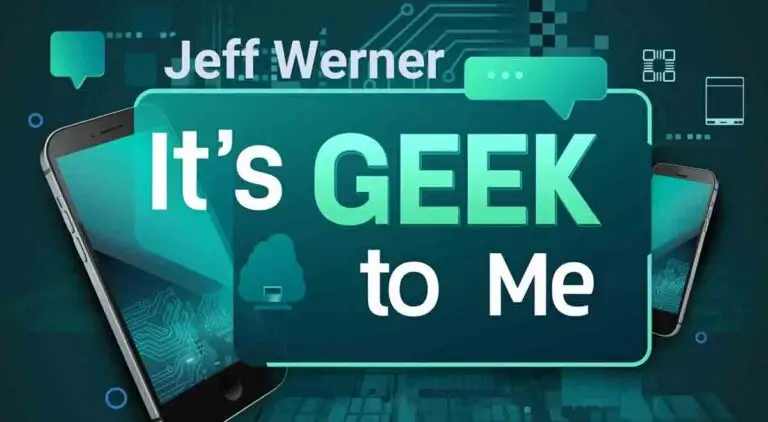NICEVILLE, Fla. — This week’s column takes on a question from a Bluewater Bay reader about how Google compares with AI when it comes to answering questions online.
QUESTION: If I submit a question to Google and the same question to an AI, will I get the same answer?
— Spouse Peripheral, Bluewater Bay, Florida
ANSWER: Ah, what a great question, especially considering that I am the self-appointed sole holder of that most coveted artifact: the Geekudon Black Belt in the dark art of Google-Fu.
That makes yours, SP, an alluring question to me; one that is as broad as it is long. It encompasses a huge playing field in the modern world of online searching.
Nevertheless, there is a very clear answer, and once you understand why that’s the case, you’ll go a long way to understanding why AI is indeed AI, and why many consider it the wave of the future.
The simple answer to your question is “no.” Asking the same question to the standard Google search algorithm and to an AI (including Google’s own “AI Mode”) will yield different answers. The key is in understanding why.
The standard Google search answers questions by searching an index of web content. Behind the scenes, it constantly “crawls” the web, seeking out new or changed pages, and cataloging the keywords that it finds.
When you submit a query, it performs a search against the trillions of pieces of information it has accumulated. It then ranks the responses for relevancy, slips in a couple of ads to help pay the bills, and then presents you with the search results.
There is no thought behind the search. It is merely a pattern match against what the search engine has found on the web.
AI, on the other hand, generates responses based on the patterns it has learned. It is artificially intelligent, which is what AI stands for.
A typical AI is what’s called a large language model. It is literally trained on massive amounts of data that provides its so-called intelligence, artificial though it may be.
An AI interprets the meaning of a question rather than merely searching for keywords. They process the question in context and learn as they go. You can actually hold a conversation with an AI and refine your inquiry along the way.
There have been some problems associated with AIs. Since their responses are generated on what an AI has learned, there is a lot of room for unwelcome things like bias, misrepresented information, incorrect conclusions, and even ethical conclusions that do not match those of living, breathing human beings.
Nevertheless, an AI presents all of its responses in a factual manner that can make even the most outrageous responses seem reasonable. People may tend to believe what they read, which can have very negative results. It’s like having your car’s GPS insist that you “Turn right” when there’s no road there.
For my money, there is a good use for both types of searches. The regular Google search is great for when you’re looking for pages that contain something. For example, you’re interested in gardening, or bicycles, or Christmas lights (hint-hint).
It will return to you a list of pages that contain the items you’re interested in.
AI, on the other hand, is more useful for creating new things, such as stories, computer programs, poems, even pictures, and, dare I say it, newspaper articles. It can summarize long pieces of text into shorter, condensed versions. It can easily translate from one language to another.
There is considerable overlap in the capabilities of an AI and a traditional search engine. But remember, you can’t believe everything you read on the Internet.
This is especially true when it comes to answers from AI. They are prone to generating false or misleading information and presenting it with a high amount of confidence. The term “hallucination” is commonly used. So are terms like bias and misinformation.
So, use them, but use them with caution!
To view additional content, comment on articles, or submit a question, visit my website at ItsGeekToMe.co (not .com!)
Jeff Werner, a software engineer based in Niceville, Florida, has been writing his popular “It’s Geek to Me” tech column since 2007. He shares his expertise to help readers solve everyday tech challenges.









